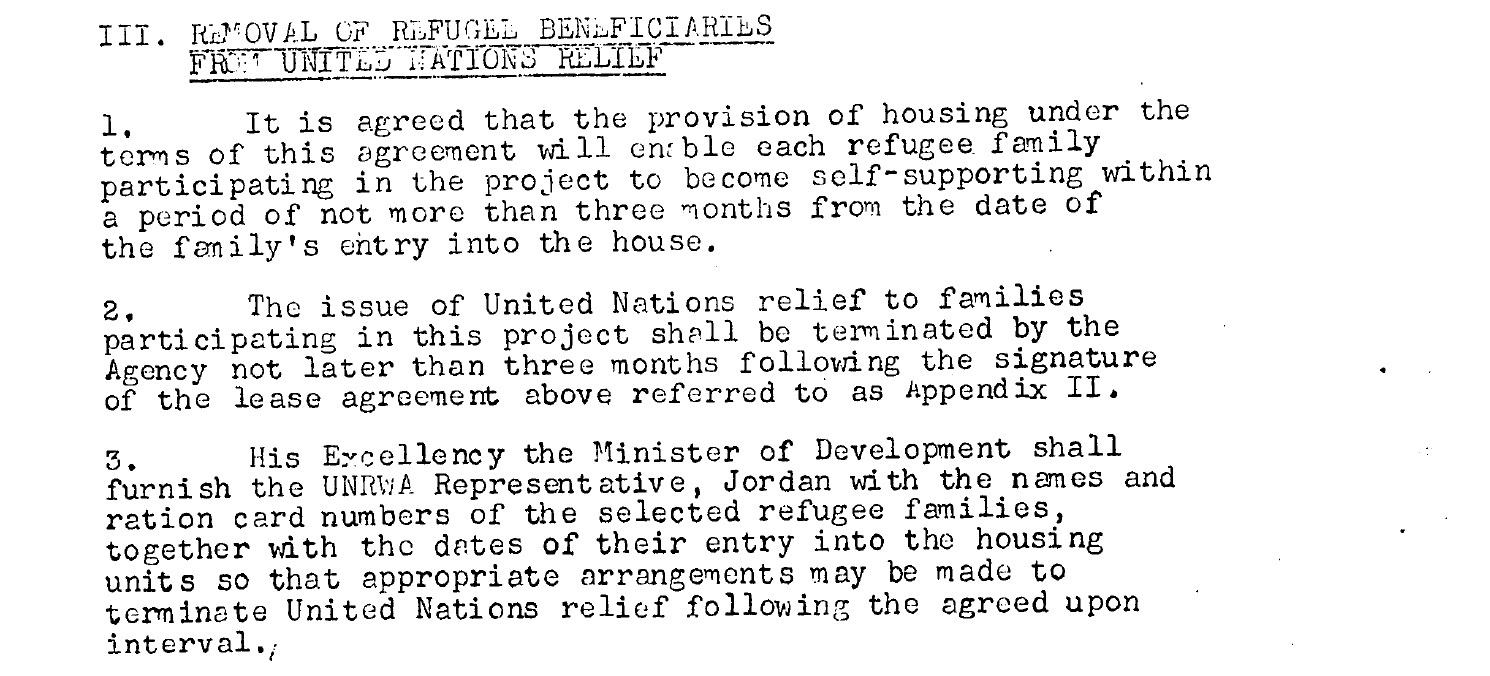Last week, the Jerusalem Magistrate court ordered the eviction of 31 Palestinians from three homes in Karem Ja’uni in Sheikh Jarrah until August 1st, 2021, in favor of settlers.
The eviction lawsuits against the Dahudi (2 individuals), Dajani (11 individuals) and Hammad (18 individuals) families were filed by a company called “Nahalat Shimon”, owned by a foreign company registered in Delaware (USA), which represents settlers seeking to build a large settlement in Sheikh Jarrah. The settlers purchased the land from two Jewish associations, the Sephardi Community Committee and the Knesset Israel Committee, which claimed to have purchased the land at the end of the 19th century.
In 1948 the land, which was then without structures, came under Jordanian rule. The Jordanians designated the land for the resettlement of dozens of Palestinian refugee families, who exchanged their refugee status for homes in the newly-built neighborhood in Sheikh Jarrah. After 1967, the Jewish organizations recovered the ownership rights of the land based on the Legal and Administrative Matters Law (see below) and began to demand that the refugee families vacate their homes. To that extent, the associations were exercising the “right of return” of Jews to assets taken in 1948 (a right not afforded to Palestinians).
Peace Now: “This is part of an organized and systematic campaign of settlers, assisted by government agencies, to expel entire communities in East Jerusalem and to establish settlements in their stead. Dozens of other families face the risk of eviction by legal proceedings in which settlers and government officials exploit discriminatory laws that allow Jews to return to pre-1948 assets yet forbid Palestinians from doing the same. In this way, settlers seek to create a buffer inside the Palestinian neighborhood and make it difficult to reach a territorial compromise in Jerusalem so essential to a two-state solution.”

Dozens of Palestinian families are in danger of being evicted
In recent years, the Nahalat Shimon settler company has filed numerous lawsuits against dozens of families in Sheikh Jarrah in the Karem Ja’uni area, which are in various stages of court hearings. On March 2020, eviction procedures against the Sabbagh family were renewed after losing in court to the settlers in a similar lawsuit.
The settlement of Karem Ja’uni began in 2008 when the Al Kurd family was evicted from its home, and in 2009 the Rawi, Hanoun and part of (another) al-Kurd families. Beforehand, in the late 1990’s, settlers entered a few houses near Karem Ja’uni that were owned by Jews before 1948. Apart from the Sabagh, Dajani, Dahudi and Hammad families, there are at least seven additional eviction cases dealing with dozens of families in various stages of court hearings in Karem Ja’uni. On the western side of the Sheikh Jarrah Neighborhood, in Um Haroun, there are another few dozens of families facing eviction lawsuits by settlers, and in Batan Al-Hawa in Silwan there are almost 100 families at risk of eviction.
Background: The threat of eviction in Sheikh Jarrah and Silwan
The principle: the realization of the right of return for Jews
The houses in Karem Ja’uni were built in the 1950s by the Jordanian Housing Ministry as part of a refugee rehabilitation project in which 30 houses were constructed in Sheikh Jarrah for refugee families in return for waiving their status as refugees. It should be noted that the process of registering the houses in the names of the refugees was not completed before 1967. After the area was transferred to Israeli control in the 1967 War, the Jewish associations could take advantage of the lack of registration, and registered the land in their name based on the Legal and Administrative Matters Law (1970).

From the agreement between UNRWA and The Jordanian Government
The discriminatory law
In 1970, the Legal and Administrative Matters Law was enacted in Israel, which stipulated, among other things, that Jews who lost their property in East Jerusalem in 1948 could receive it back to their ownership. It is important to mention that Israeli law (the Absentee Property Law of 1950) does not allow Palestinians who lost their assets in Israel in 1948 to receive them back, and permits the state to bring the assets into the state’s possession.
Thus, without saying so explicitly, Israeli law provides for a different law for Jews and Palestinians. In certain cases, like in Karem Ja’uni, the implementation of the law leads to the evacuation of Palestinian refugees from their homes, and in effect makes them refugees for the second time. Moreover, the government of Israel made sure to compensate all the Jews who lost their property in 1948 and gave them alternative assets inside Israel. Hence the owners of the properties are entitled under the Legal and Administrative Matters Law to double compensation for the loss in 1948.
For an analysis of the law and its implementation, see here.
The Palestinian refugees families in Sheikh Jarrah, had owned houses and lands in Israel before 1948, but as a result of the war became refugees. According to the Absentee Property Law (1950), they are not entitled to receive or return to their property. In the 1950s, those families attempted to rehabilitate themselves in exchange for giving up their status as a refugee family. Today, on the basis of the discriminatory law enacted by the Knesset, those families are about to become refugees again, without any justice, where all that has changed is the geopolitical situation and the law enacted by Israel.

